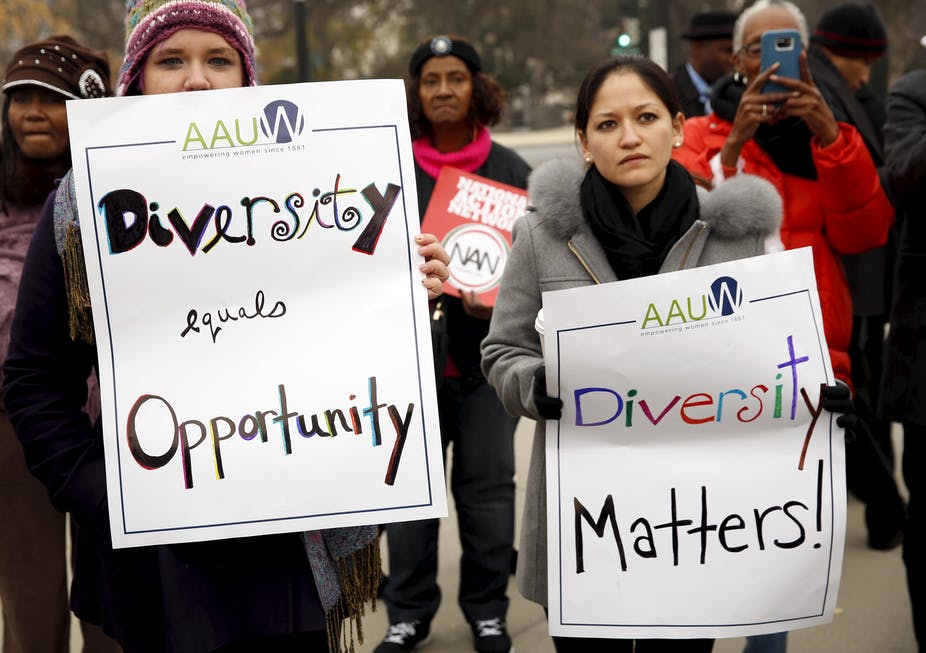Vidya Sethuraman
India Post News Service
Prop 16, if passed, would repeal 1996’s Proposition 209, which banned the government and public institutions (like schools) from discriminating or giving preferential treatment based on sex, race, ethnicity or nationality. Prop 209 effectively banned public employers, universities and the like from using affirmative action, as it was seen as discriminatory. Proposition 209 received 54.55 percent of the vote at the election on November 5, 1996, making California the first state to adopt a constitutional ban on race-based and sex-based affirmative action.
This November, affirmative action is again on the ballot in California (Proposition 16) at a time of growing protests over racial injustice. Meanwhile opponents of affirmative action have challenged race-based preferences in the Supreme Court and last month the Department of Justice accused Yale of illegal admissions discrimination against white and Asian American students. A panel of veteran civil rights leaders discussed the case at the EMS Video conference on Sep 18 for affirmative action as a tool for improving racial opportunity gaps in higher education, the workplace and the culture. EMS will coordinate a briefing with opponents of affirmative action in October.
California is one of only nine states in the country that legally prohibits affirmative action — using race, gender and ethnic diversity as factors in college admissions, government hiring and government contracting. Supporters of the initiative argue the ballot initiative would create equal footing among people of color and increase racial and gender representation in higher education and the workforce.
Disparate impacts of COVID-19 on women and people and the protests surrounding George Floyd’s murder underscore how urgently we need to build a more equitable California. It’s time to ensure equal opportunity for all Californians by reinstating affirmative action, giving us the tools to combat systemic racism and gender discrimination so we can all succeed.
California’s minority and women-owned businesses lost the equivalent of $1 billion annually in public contracts. The number of women and Latinos employed by the state of California decreased significantly relative to population growth, and Black and Latino student enrollment declined across the University of California system. A comprehensive new study found California’s ban on affirmative action caused irreparable harm to a generation of Black and Latino students, shutting off access to life-changing educational opportunities, reducing the odds of earning a degree and depressing wages.







